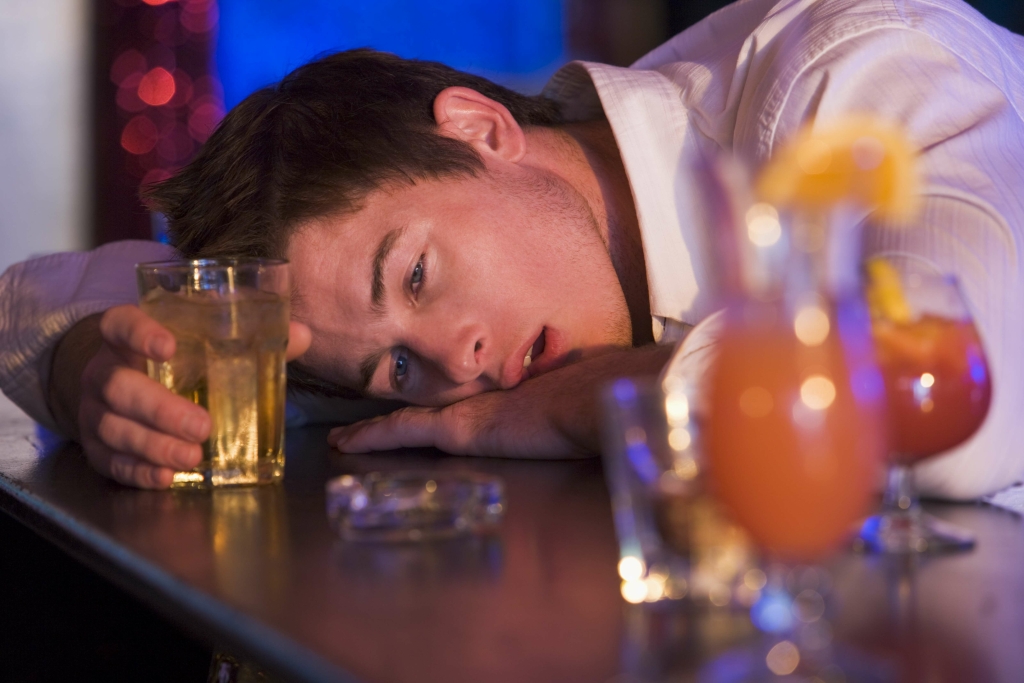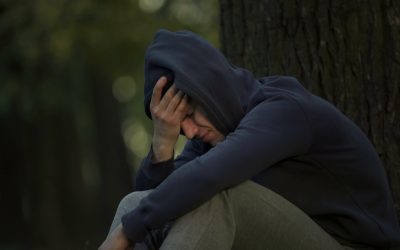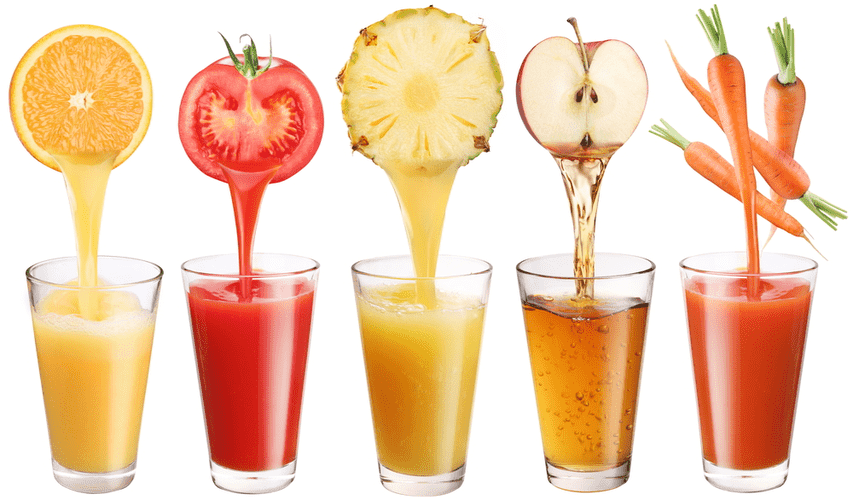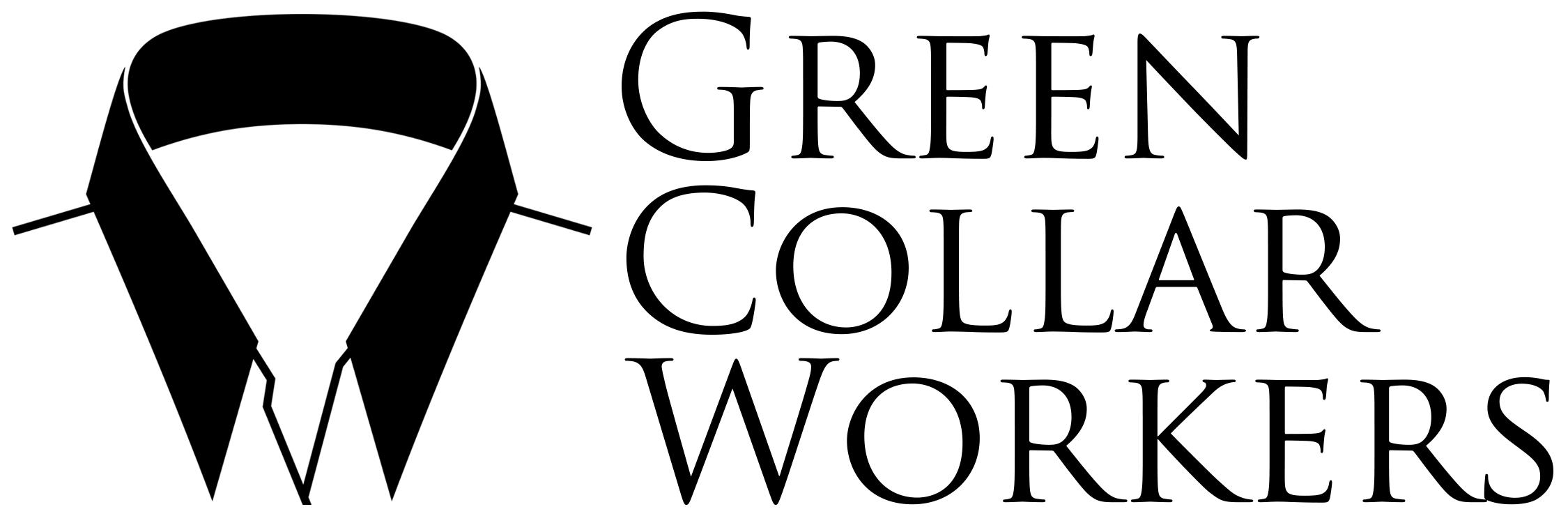You should seek the advice of your physician or other qualified health provider with any questions you may have regarding a medical condition. Never disregard professional medical advice or delay in seeking it because of something you have read on this website. The Nutrition Source does not recommend or endorse any products. Another potential downside is that taking a collagen supplement can become an excuse to not practice healthy behaviors that can protect against collagen decline, such as getting enough sleep and stopping smoking. This makes it difficult to determine how effective collagen supplements truly are and if they are worth their often hefty price. Our bodies gradually make less collagen as we age, but collagen production drops most quickly due to excess sun exposure, smoking, excess alcohol, and lack of sleep and exercise.

Alcohol-disrupted sleep and risk-taking behaviour
A healthcare provider can recommend the best treatment options for you. Firstly, alcohol can cause tiredness as it can act as a sedative. It’s a central nervous system depressant and it slows your Top 5 Advantages of Staying in a Sober Living House brain activity. This can happen as your blood alcohol levels fall or with high doses of alcohol. You fall asleep when you drink alcohol because, in certain situations, alcohol acts as a sedative.

Golden milk

“It is not the same good sleep that you would get if you naturally fell asleep without the aid of this sedative.” The percentage of the night spent in different sleep stages (Rechtschaffen and Kales 1968) in men and women with alcoholdependence and sex-matched control. Normal sleep cycles through four stages, which are either considered rapid eye movement (REM) sleep or non-REM sleep. Alcohol is classified as a central nervous system depressant, meaning it slows down brain activity. While “relaxed” may sound appealing, alcohol has also been shown to negatively affect sleep and other physiological processes that occur during sleep. Drinking to fall asleep regularly can build up a tolerance to alcohol, gradually lessening booze’s ability to help you drift off, according to the National Sleep Foundation.
It Has a Rebound Effect in the Second Half of the Night
The circadian clock may modulate sleep-wake cycle with the help of melatonin. “Typically, it’s advised to stop drinking alcohol around three to four hours before bed. This should give the body enough time to metabolize the alcohol and get it out of one’s system, allowing them to enjoy unaffected sleep,” explains Dr. Hsu. Up to 30% of people in the U.S. struggle with mild to chronic insomnia, a common sleep disorder that’s characterized by difficulty falling asleep, staying asleep or getting restorative sleep[1]. People with insomnia often wake up tired and struggle with poor memory or concentration.
- “The reminders to stop drinking caffeine and eating earlier are great and are earlier than I would have ever consciously thought them to be.
- Dr. Tiani walks us through a few things we can do to try to rest easy and avoid falling asleep with bad dreams.
- The more alcohol your drink and the closer you drink it to bedtime, the stronger its effects will be.
- But if you’re able to identify a known cause (or two or three) of your nightmares, you can take steps to try to prevent them.
Some people may find they can’t sleep after drinking or their sleep quality suffers, and the science backs up this reality. According to an observational study cited by the Sleep Foundation, even low to moderate amounts of alcohol — two drinks or less for men and one drink or less for women — decreased sleep quality by nearly 10 to 24 percent. Research shows that alcohol essentially disrupts the normal deep sleep and rapid eye movement (REM) sleep cycles (the stage of sleep when most dreaming happens), which can lead to shorter sleep time and more fragmented and lighter sleep. “Alcohol tends to destroy sleep architecture [structural organization of normal sleep] and delay dream sleep and leads to more awakenings and arousals,” says Alon Avidan, MD, MPH, director of the UCLA Sleep Disorders Center in Los Angeles. Typically, your first REM cycle happens about 90 minutes after you fall asleep, but after drinking alcohol, the onset of REM sleep is delayed. According to the 2013 review, the more you drink before going to sleep, the less REM sleep you’ll get.
If nightmares are impacting your quality of life, it’s time to talk to a healthcare provider who can help. They can help get to the bottom of what’s causing https://thefremontdigest.com/top-5-advantages-of-staying-in-a-sober-living-house/ your nightmares and develop a treatment plan. The effects of sleep deprivation are real, and nightmares are just a small piece of the puzzle.
Lifestyle changes such as avoiding alcohol hours before sleep may be sufficient for treating mild, short-term insomnia. A 2019 study showed that individuals who sleep for under 6 hours each night have a 20% higher chance of heart attack than individuals who sleep between 6 and 9 hours. Circadian rhythms regulate nearly all of the body’s processes, from metabolism and immunity to energy, sleep, and sexual drive, cognitive functions, and mood. Even though a glass or two may help you initially drift off faster, it probably won’t benefit your sleep quality in the long run. His research and clinical practice focuses on the entire myriad of sleep disorders. The contents of this website are for educational purposes and are not intended to offer personal medical advice.
Sleep Apnea
For example, a study in mice found that 72 hours of sleep deprivation resulted in weight loss, anxiety-like behavior, and oxidative damage (59). Meanwhile, turmeric is rich in the compound curcumin, which may alleviate some effects of sleep deprivation, reduce inflammation, and safely treat symptoms of anxiety and depression (59, 60, 61, 62). Moon milk is a traditional Ayurvedic remedy for insomnia made by adding ashwagandha, cardamom, cinnamon, and nutmeg to warm milk. One study in mice found that triethylene glycol — an active component of ashwagandha leaves — promoted non-rapid eye movement sleep, the sleep phase during which your body regenerates tissue and bone (24). You may have also noticed that you snore after you’ve had a drink or two. Alcohol can make breathing-related issues, like snoring or sleep apnoea, worse.
Alcohol may make you fall asleep initially, but it is definitely not a viable sleep aid. Research on older adults, aged 50 and older, found those who binge drank two days or less a week had 35% greater odds of insomnia compared to non-binge drinkers. Those who binge drank two days or more a week had a 64% greater chance of insomnia compared to non-binge drinkers. RISE users say making the connection between sleep debt and daytime energy levels is a game changer. When you’ve got a lot of sleep debt, you might reach for an extra cup of coffee or take a long daytime nap.
